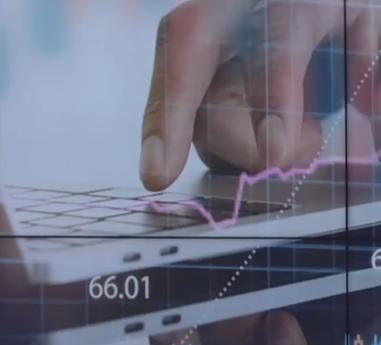Foreign Investors Withdraw Amid Political Turmoil
In a dramatic shift, foreign investors have been pulling out of South Korea's financial markets at an unprecedented rate. The catalyst? A recent declaration of martial law and the ensuing political instability that has gripped the nation. This mass exodus has not only led to a sharp decline in stock prices but also a significant drop in government bond futures, further clouding the country's economic outlook.

Stock Market Takes a Hit
From a net purchase of 400 billion won worth of stocks until December 3, foreign investors have now sold over 3.316 trillion won in just 14 trading days. This massive sell-off has been a key driver behind the plummeting stock prices. The KOSPI market alone saw foreigners net selling stocks worth 2.916 trillion won this month, according to the Ministry of Economy and Finance and the Financial Supervisory Service.
Bond Market Feels the Pressure
The bond market hasn't been spared either. After net buying 2.8 trillion won worth of government bond futures on December 2 and 3, foreign investors turned net sellers, offloading 14.7 trillion won from December 4 to 23. This trend persisted, with a net sale of 11.9 trillion won worth of 3-year and 10-year government bond futures until the previous day this month.
Rising Yields and Risk Perceptions
As a result of these sell-offs, government bond yields have risen. The yield on the 3-year government bond closed at 2.626% on December 25, up from 2.567% on December 2. Similarly, the 10-year government bond yield increased from 2.697% to 2.876% during the same period. Additionally, the credit default swap (CDS) premium, an indicator of national bankruptcy risk, has fluctuated around 0.37 percentage points, up from 0.34 percentage points before the martial law declaration.
Foreign Exchange Market Impact
The foreign exchange market has also felt the impact. The won-dollar exchange rate hit a new yearly high, with the weekly closing price in the Seoul foreign exchange market reaching 1,456.4 won on December 25, up 4.4 won from the previous day. This surge is partly attributed to the widening gap between the base interest rates of South Korea and the United States, prompting a massive withdrawal of foreign investors from the domestic market.
Looking Ahead
As South Korea's financial markets remain volatile, with foreign investors continuing to withdraw their funds, the government and financial authorities are on high alert. The future trajectory will largely depend on the resolution of the political turmoil and the stabilization of investor sentiment. With the discussion of supplementary budget allocation adding another layer of complexity, the road to recovery appears fraught with challenges.









Comments